True perfection has to be imperfect
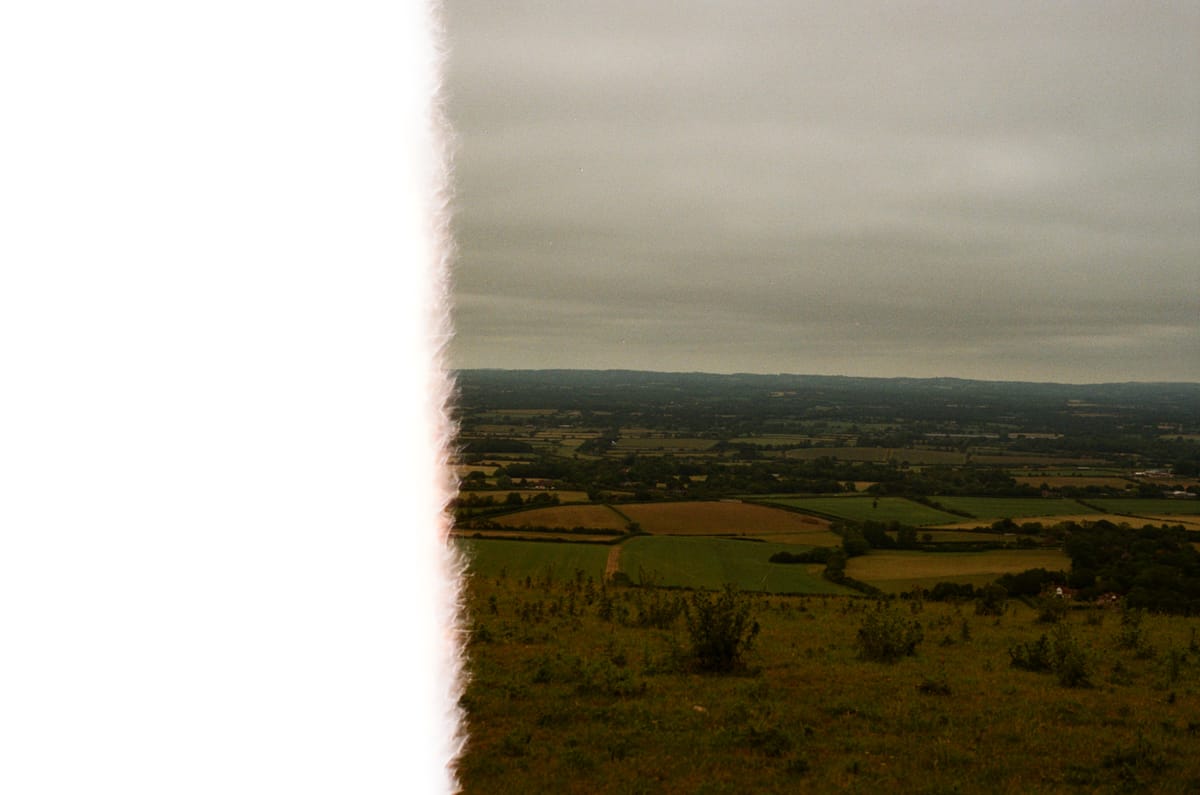
I relish being bad at things. It is something I have repeated ad nauseam here and to everyone around me. To me, there is nothing more human and personal than just trying something. I have also been embracing “being cringe” for similar reasons.
I wanted to make a post about the idea of perfection, taking you through 3 examples from my life where I think I learnt something about mistakes and being imperfect (although I have many other examples), then I kind of go off on one and rant about AI.
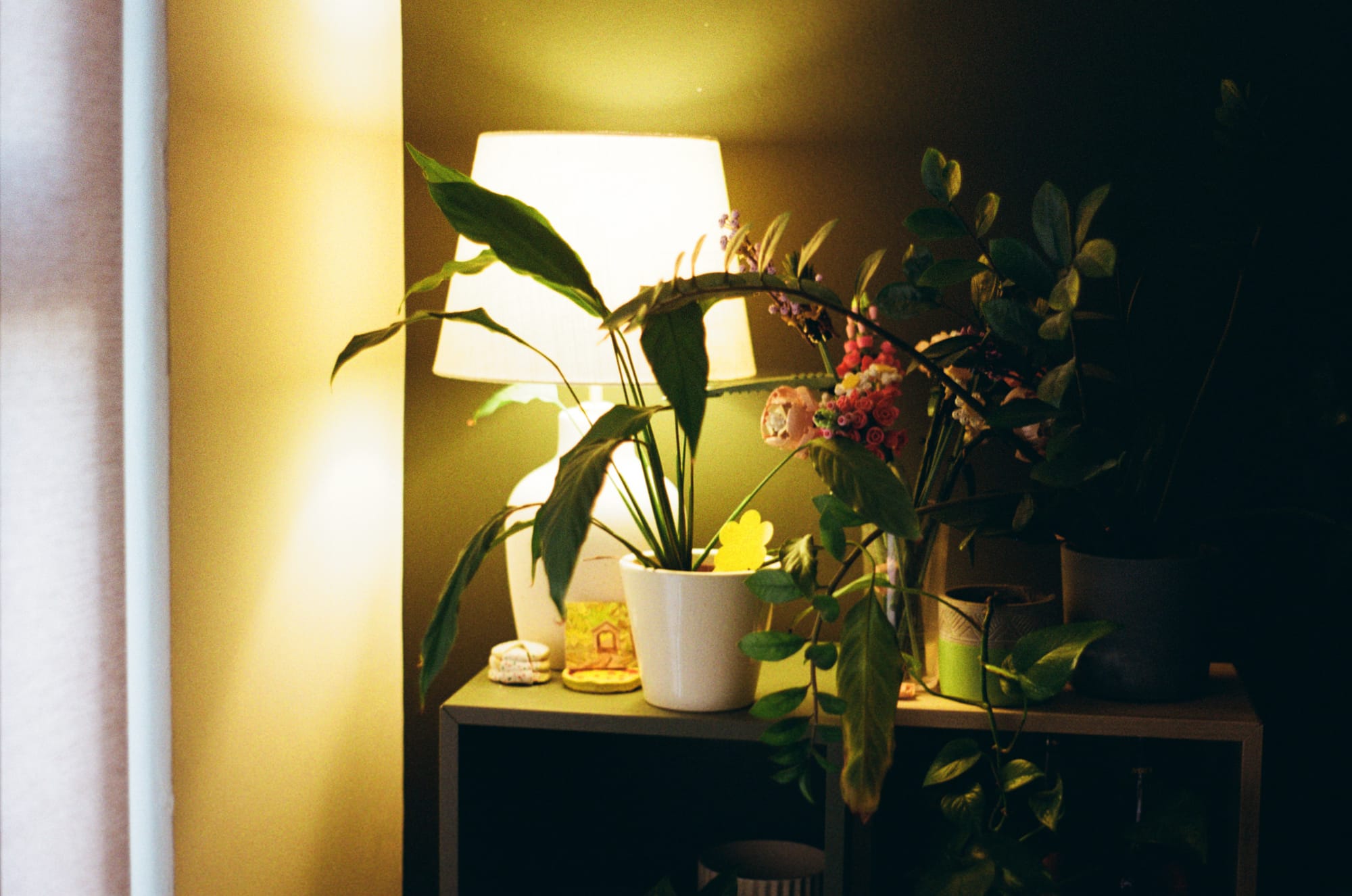
I spent a lot of time on online forums growing up. I wouldn’t say I was a particularly lonely child or teenager, but I found “my community” in the weird, online text-based spaces of the 00s and 10s. The ability to find like-minded people that you enjoy talking to, somewhere, anywhere, was a unique aspect of the internet.
The website which ended up being my home was the Facepunch forums. I have mentioned the site before, because it was a huge part of my life. From the ages of 13 to 19, I posted there probably every single day. A haven waiting for me every day through a glowing screen in a dark room.
But there’s something that bothered me for almost the entire time I posted on the website. It was my username. On the internet, I go by the name “Icemaz”, and it used to always be capitalised like that. In my haste to post on the “official Garry’s Mod forum” (of all places, it is amusing that I found a community there), as I did at 13, I entered my username as “icemaz”.
A decade later, I lamented this to someone else in the community. I said I would have preferred my username to start with a capital letter. It’s stupid, it’s vain, it is completely meaningless, but it was just a silly mistake I made years prior that I had carried with me the entire time.
They told me that it being lowercase was cooler anyway. My name was perfect as it was.
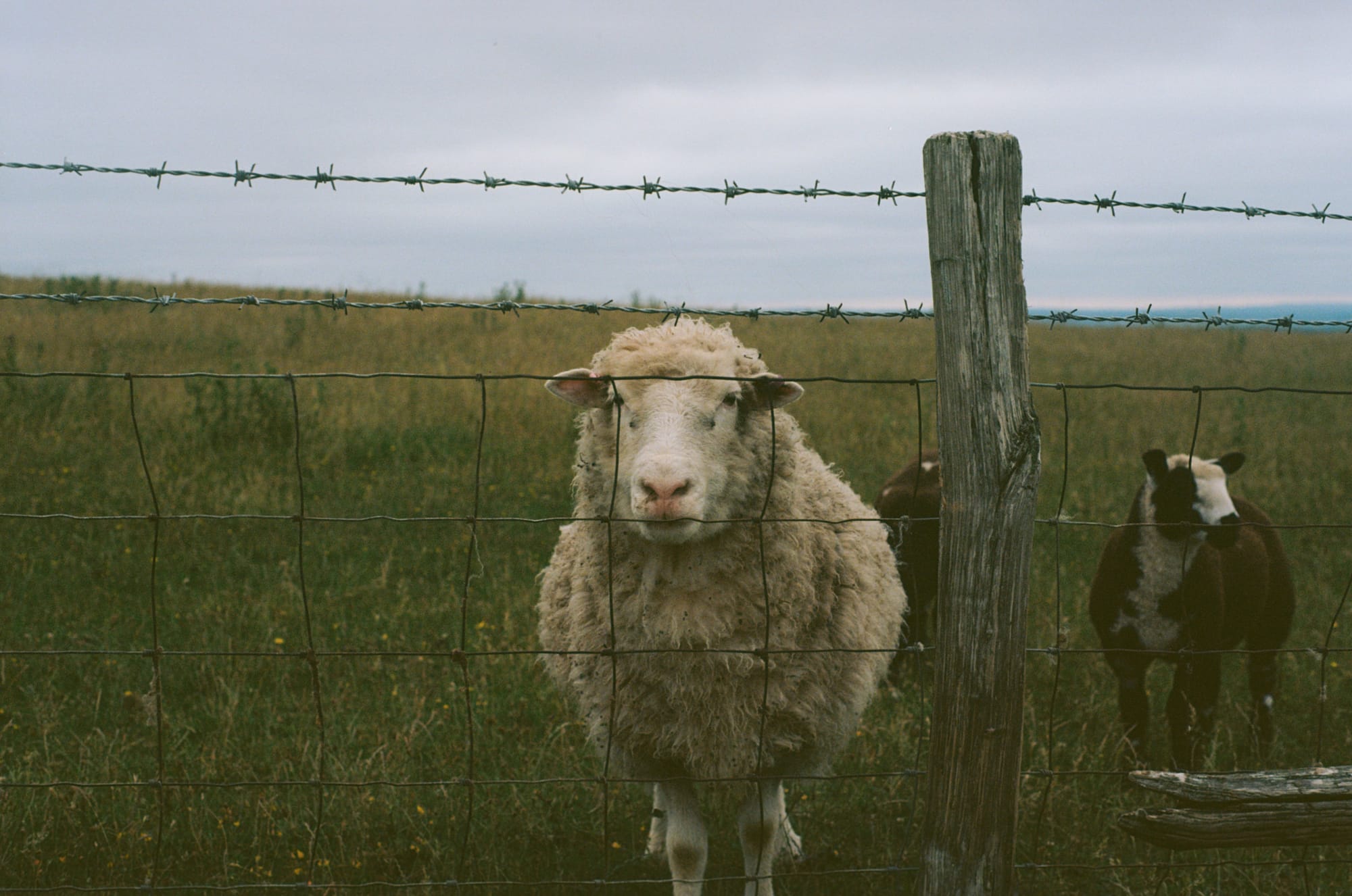
My partner and I went to some art classes at the end of last year at a local art gallery in town. Each week, there was a different artist we would look at and try to replicate their styles using their techniques. I would recommend finding something like that near you if you can. Sometimes, when doing art or any hobby like it, you need to have time set aside for you to go out and do it. Paying some money to get a space in a class ties your hands in making space for it.
So we went along and tried the techniques of various artists. But achieving the result of something that looked like a Turner or a tempera by Botticelli felt unobtainable. I will never be skilled enough at anything I do to create that level of work.
On one of the weeks, we looked at the watercolour works of French Impressionist artist Paul Cézanne. The pieces picked out for us were intentionally basic. Or at least, that’s how they looked. You could see the draft lines left in the picture, moving in waves over the objects, explaining how the piece evolved. The colours were not necessarily realistic, but internally consistent with each other, and replicable with any cheap watercolour set you could buy. The pieces felt imperfect and obtainable by anyone who had the time to try. It felt like art designed for ordinary people.
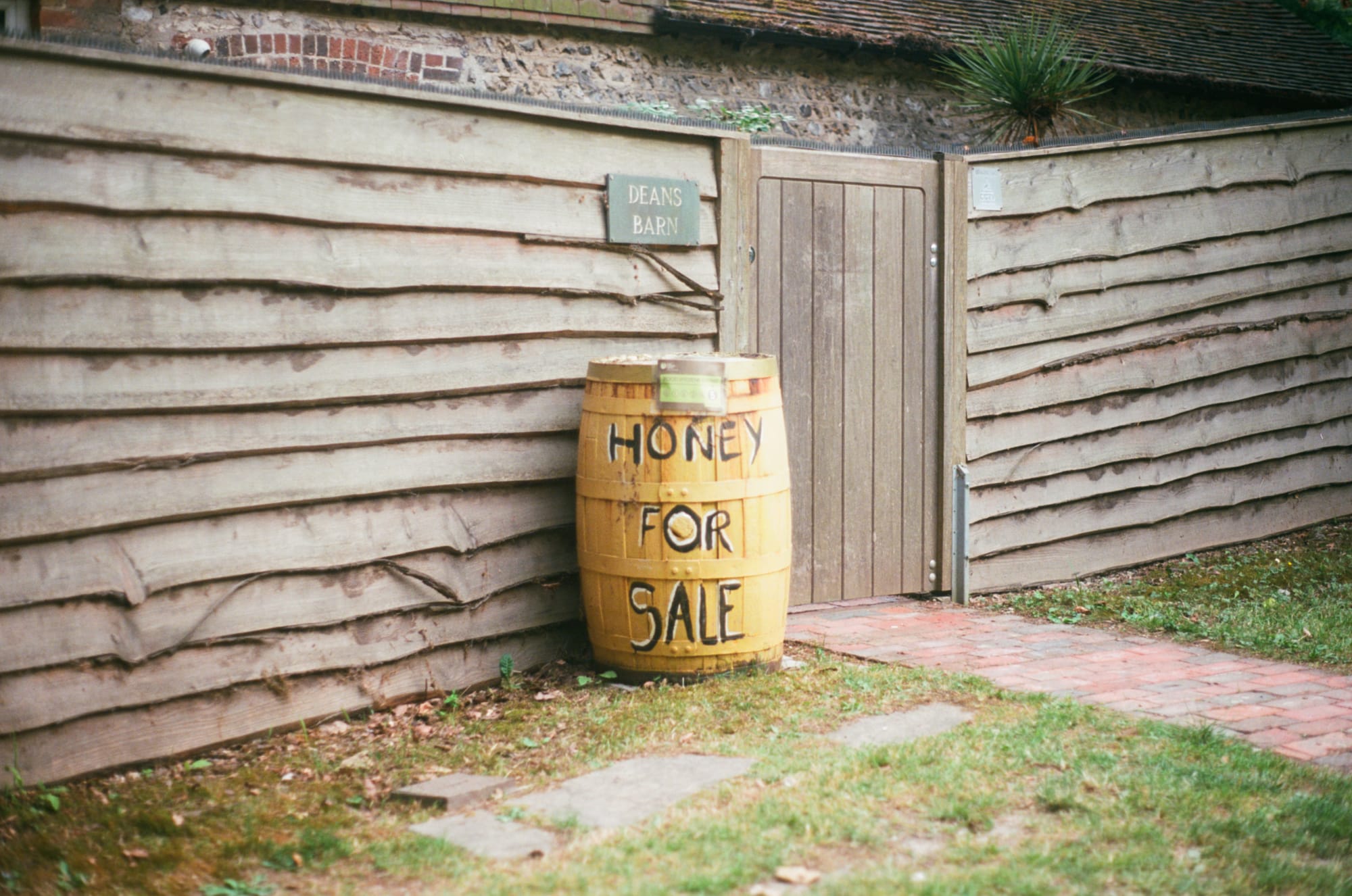
I love taking photos. Ever since I got my first camera around the age of 6 (a big plastic colourful Fisher-Price device designed to be thrown around by children), I have had one with me all the time. Today, this normally just means my iPhone, which, to be fair, does take great photos. But I often travel around with my Minolta analog camera and take photos of whatever I feel like. A lot of buildings, as you've seen in previous posts, and sometimes people. This year alone, I have taken around 1000 film photos.
Analog photos speak to me in a lot of ways. Aesthetically, I like the colours they produce. I enjoy both how forgiving and extremely unfair it can be in different lighting. I appreciate that if you want to, you can process it with a computer later. But if you decide to leave it mostly raw, they can still look great. I think most of all, I like that the end product is something real. You are performing a chemical process on a piece of coated plastic, which results in a physical thing you can hold. You don’t get a redo after you press the shutter. You can’t delete a photo; the moment in time has already been stored in a sea of chemicals. If the photo was wrong, you won’t know until days later when you develop those chemicals into something usable. And even if you did know, you would have to spend another one of the 36 photos in your roll.
I want to keep taking this further and purposely make my photos look objectively bad. This sounds like a shitty cop out for just taking bad photos. I suppose it is in a way. But I earnestly believe that an imperfect photo, slightly out of focus, or overexposed, tells more of a story than one which is sharp as a pin, with a well-lit subject, and had billions of CPU cycles spent making it look right.
This month, I have 2 of my photos up in the Art House gallery in Sheffield. It’s their summer open exhibition where you can submit any art for display. Despite paying for my entry and getting it all framed and printed nicely, I worry that my photos aren’t worthy of being on display. But more than that, I worry that people won’t think it’s “real”. I feel a bit silly for worrying about that. The photos are purposefully not edited, and honestly could do with at least cropping. On a technical level, they could just be done better. I thought about performatively proving it was real by slipping the negatives into the frame, to be displayed alongside it to say, “hey, this is what it looked like out of the camera”. But that felt a bit wanky.
If you get a chance to, go along and have a look at all the wonderful art people have made for you. And most importantly, go see my photos.
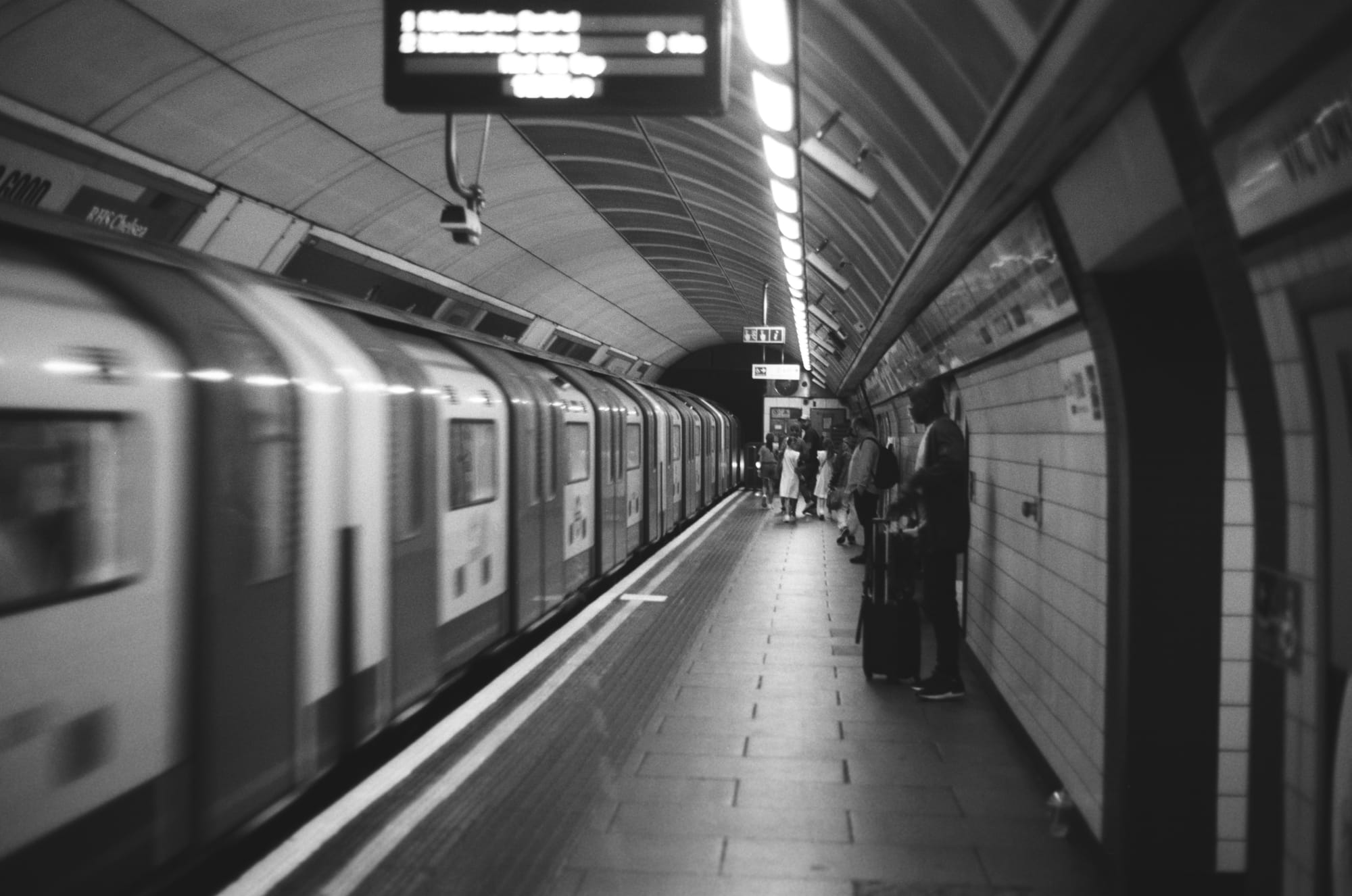
Something I think we are losing in the new digital age is the embracing of imperfection. When I think of all the things I enjoy doing the most, I am not even great at any of them, let alone close to perfect. From playing guitar and piano, to writing this blog, or going for a run, I would have so much further to go to achieve perfection, and I would go as far as to say that I will never be perfect at anything in my life. Everything about me is imperfect. But I love being bad at the things I do; it is what makes them enjoyable.
As the age of AI and LLMs is thrust upon us, one thing I am getting bored with is the idea of achieving perfection. These mathematical structures are burning the planet just to try and make something that fulfils some morally bankrupt executive's idea of perfection, whether it’s a whole perfect book, or create a whole perfect image as if it were real. I think this is bad.
I have been radicalised these last couple of years on the importance of real people doing real things. I am sure I have been fooled by some AI content that was passed as being human-made. I know I have been. But I feel there is more to something than its simply existing. A kind of soul is left behind in the work created by a real person. It’s not something you can detect; it is mostly bullshit. But, if you could detect it, I think it lies in our willingness to be imperfect and produce art and words with flaws. To be flawed is the most perfect thing a thing can be.
Over the last couple of years, I have read quite a few books. Way more than I had read before, as I was a perennial non-reader. Among them are what people consider “classics”. James Joyce, Stephen King, etc. The thing I am getting the most from those books is the human-ness of what is written. There are frequently parts that I think are clunky. Sentences that are about form over fulfilling a function of the story. I haven’t yet seen an LLM produce a result which I find convincingly human in the same way. It frequently gets things wrong, and it produces things that are realistic for sure. But they’re producing copy-paste emails from customer support, not the next Annie Ernaux.
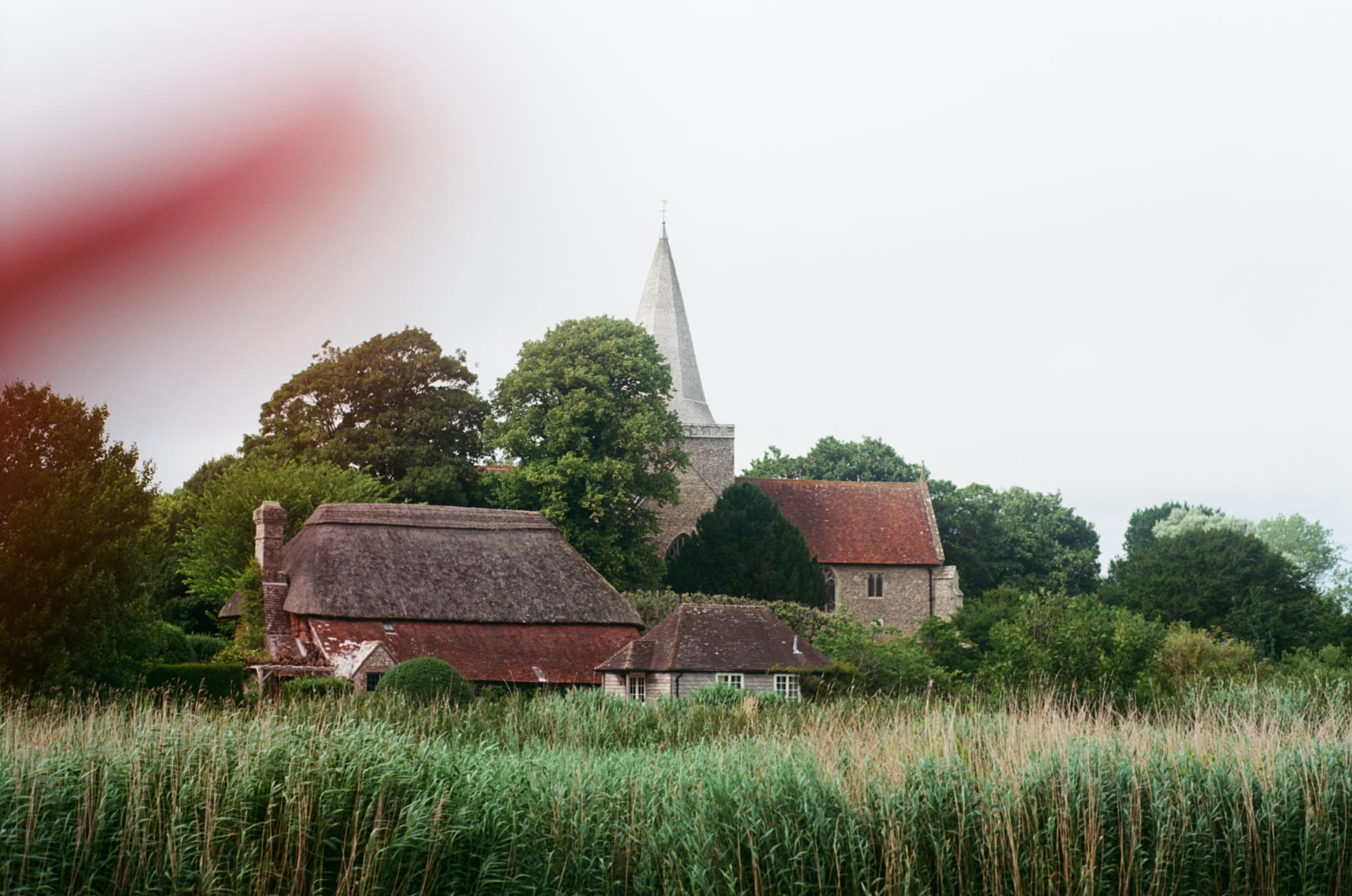
This generation of AI/LLMs will never be imaginative, despite what we are told. They are constrained by their design to be predictable and perfect; to follow exact patterns as told.
Then there is image generation. I cannot for the life of me come up with a good reason why we need this. And even if we did, why do we need it to produce results in such high fidelity? There is the obvious “democratising art so anyone can now create masterpieces” argument chuds use. Congrats, you can now make a copy of the Mona Lisa with Bart Simpson's face. Or “it allows us to test things out before we go to market with a campaign”.
If you spend longer than 5 seconds thinking about it, high fidelity photo generation of real people or places will only ever be used to deceive or blackmail people. You could make the most incredible image generator that creates perfect photo-realistic JPEGs of whatever you want and uses no power to do it. And it will be used by people to lie for political gain, to harass women, or just generally be a weirdo. I honestly do not think there is another end goal here. Allowing a marketing team to make their next campaign in a day instead of a week is not worth the trade-off. The companies developing it are designing it purposefully for it to be a tool for fascism. Perfection for them is being able to photo-realistically create an image of someone doing something compromising, and also make it so we can no longer trust any of the other images we see. We should not allow perfection.
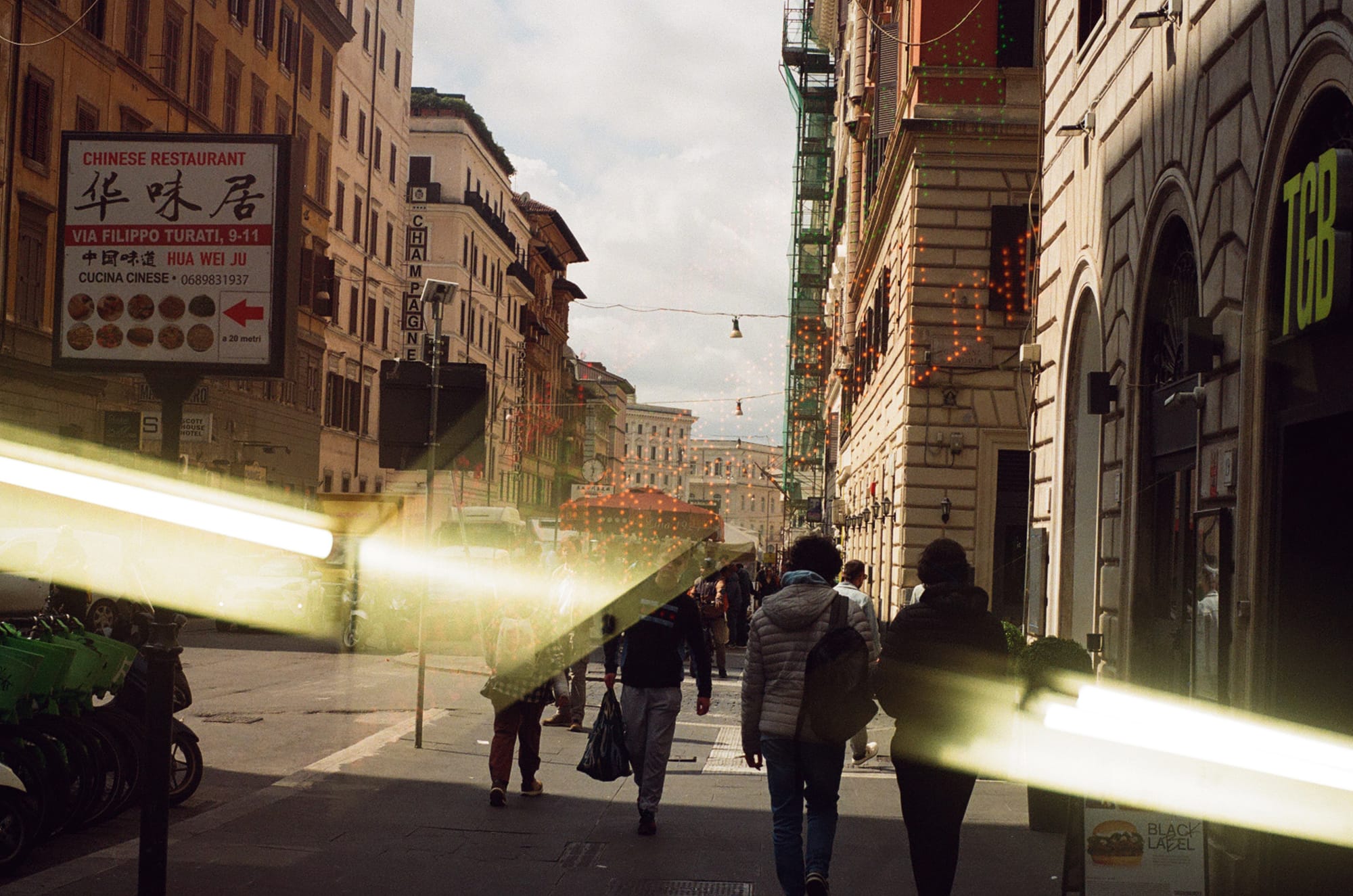
I am also a hypocrite in these matters. I work as a software developer, and in my day job, I use generative AI trained on random code from GitHub to make the work I do quicker and easier. And I would be lying if I said that the core tech behind these models wasn’t neat. It is cool. But it is the ultimate capitalist Pandora's box, which I don’t think we can close anymore. AI might make my job easier now, and it will probably replace my job in the future. Who knows. Eventually, whether it looks like ChatGPT or not, something will replace me. And I won’t lie, part of me wishes for this replacement to happen. We could be filling our days with the joy of others and human creativity, instead of sitting at a computer for 8 hours a day.
But when everyone’s job is replaced, and the profit line goes up at a record pace, I think the reality is that there will not be the enlightenment of a wonderful, fulfilled life. Where the amount we work has been reduced down to just the necessities, and we can all partake in keeping society working at leisure. Instead, it will be a boring dystopia designed by a few men in high castles, designing what we do, see, and think.
They aren’t building these tools to help you. They never were. They don’t care about you at all. They are building these things to replace you. To make you even more meaningless in their machines than you already are.
We shouldn’t let them. We should be imperfect.
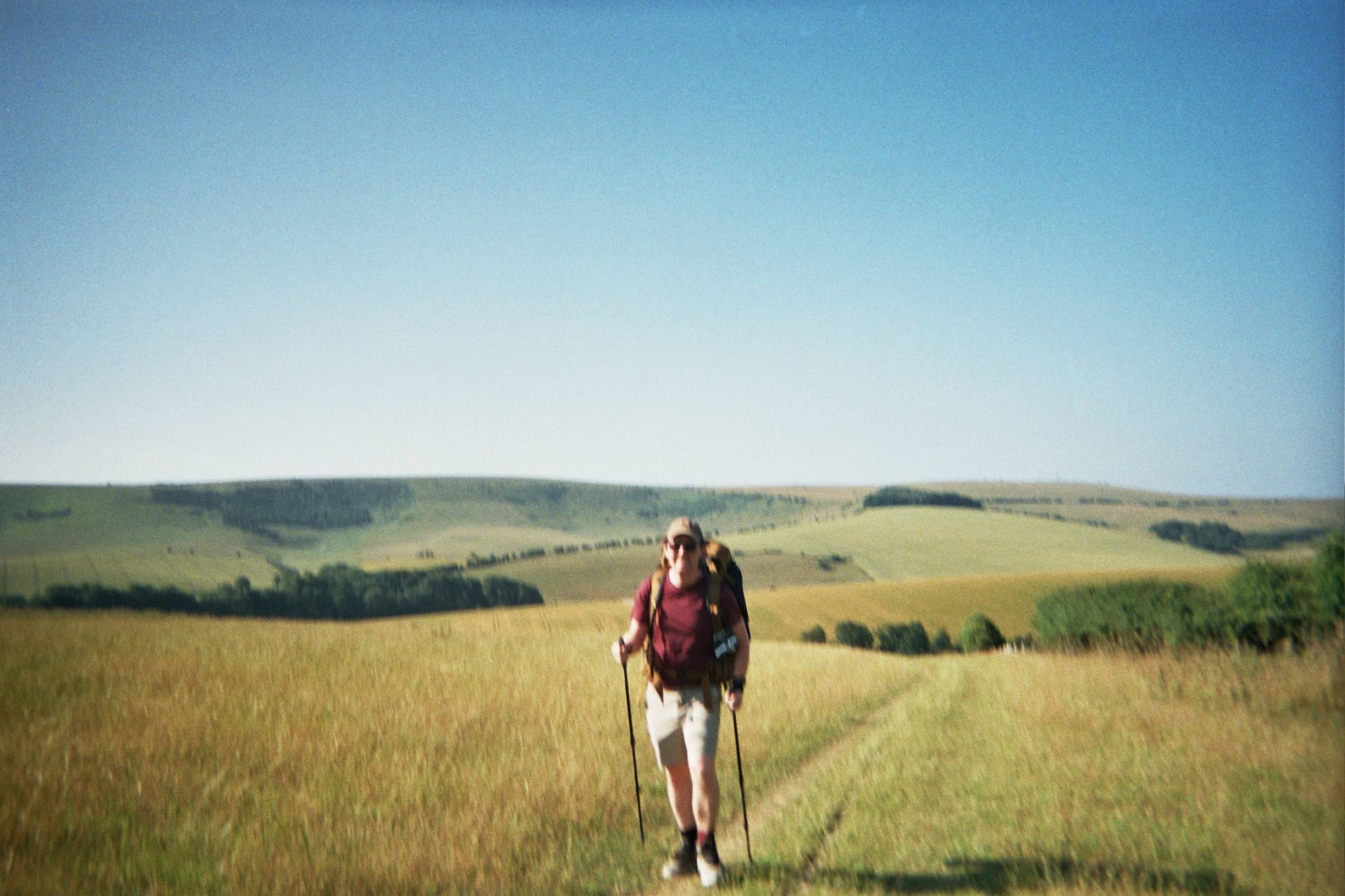
I have a few posts in my backlog like this, which I might start slowly posting. I only really like talking about myself (read big ego), but I have been thinking a lot about LLMs recently at work and outside of it, so I wanted to write some thoughts down. Maybe my thoughts will change in time, or I will be able to come back to this with a more concrete argument or viewpoint than I did here. I just wanted to post something.
And yeah, it is an Oasis lyric in the title.